We provide a warm and friendly environment where each child is respected and the staff fully understand their pastoral role is a key priority.
Highs and lows are shared and every pupil has a range of places to turn to when celebrating successes or seeking support and guidance.
We strongly believe all our pupils should feel open to discuss any issues they are experiencing at School that could impact their wellbeing. In times of difficulty, children can always find a friendly face to help out and every pupil in the School receives regular opportunities to meet with their Form Tutors. Staff are frequently appointed to act as mentors through difficult periods or to help children to seek their potential.
We have our own full-time fully trained Welfare Officer, who liaises with parents and children regarding any particular medical or care needs. Children with such needs are regularly monitored, and all staff are made aware of relevant issues.
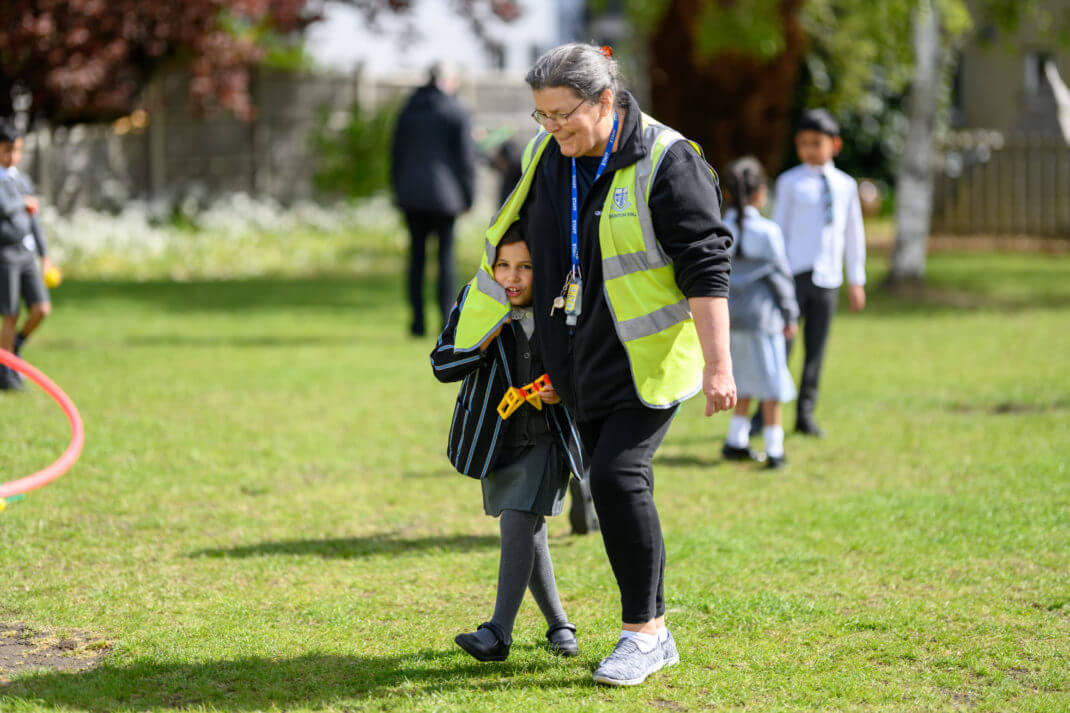
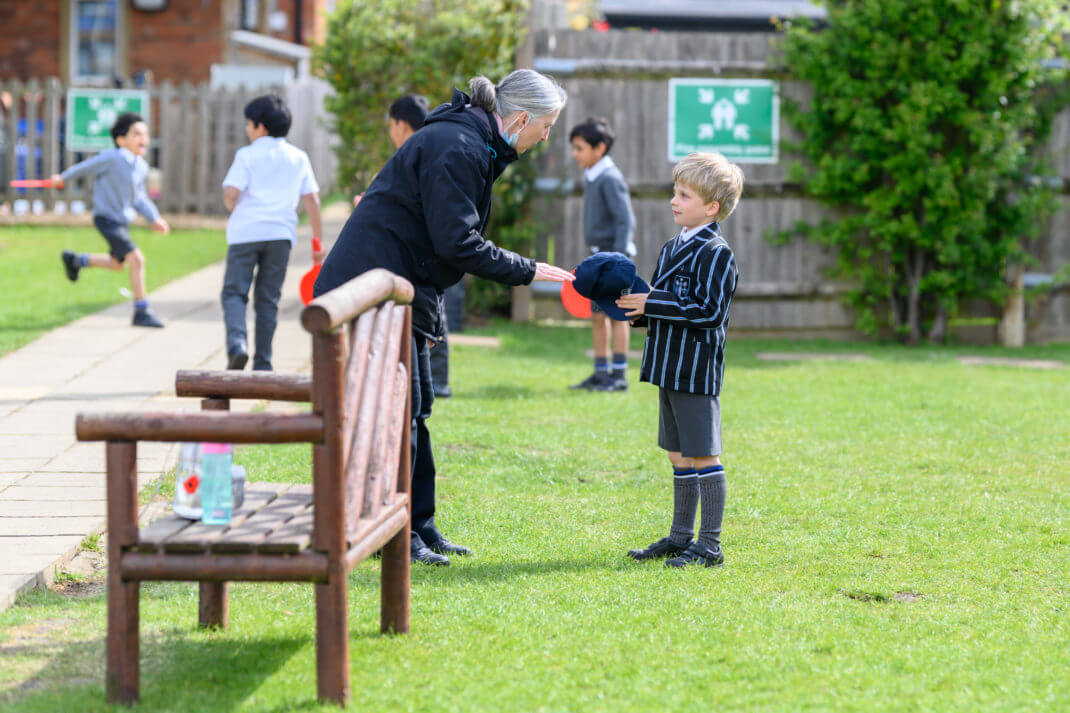
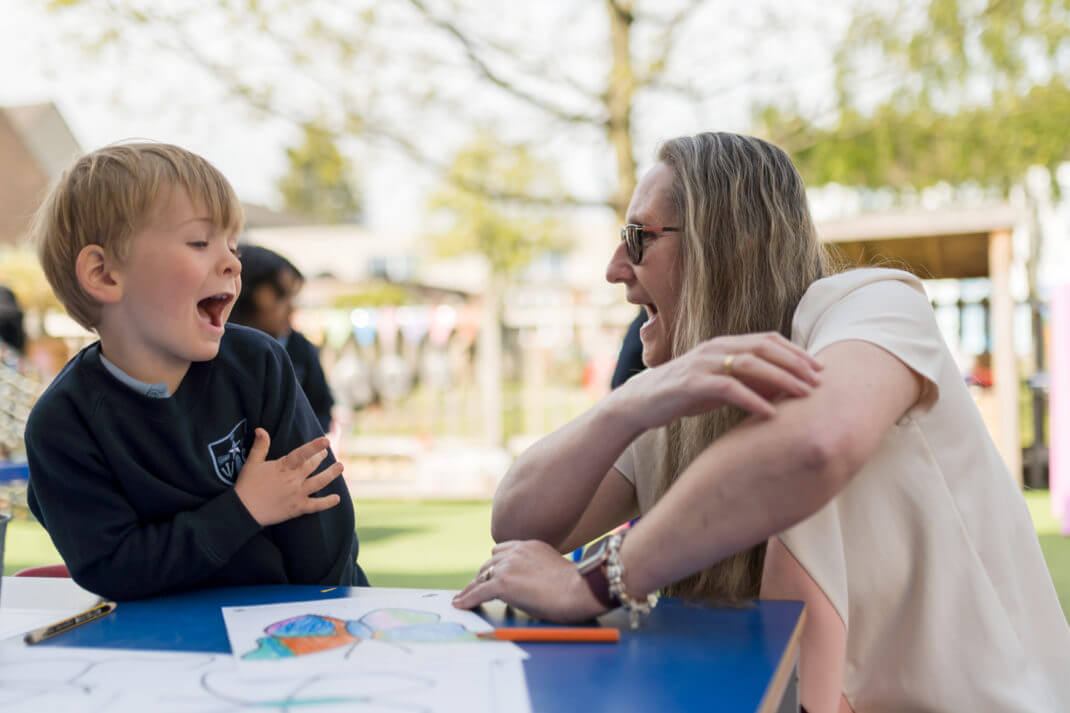
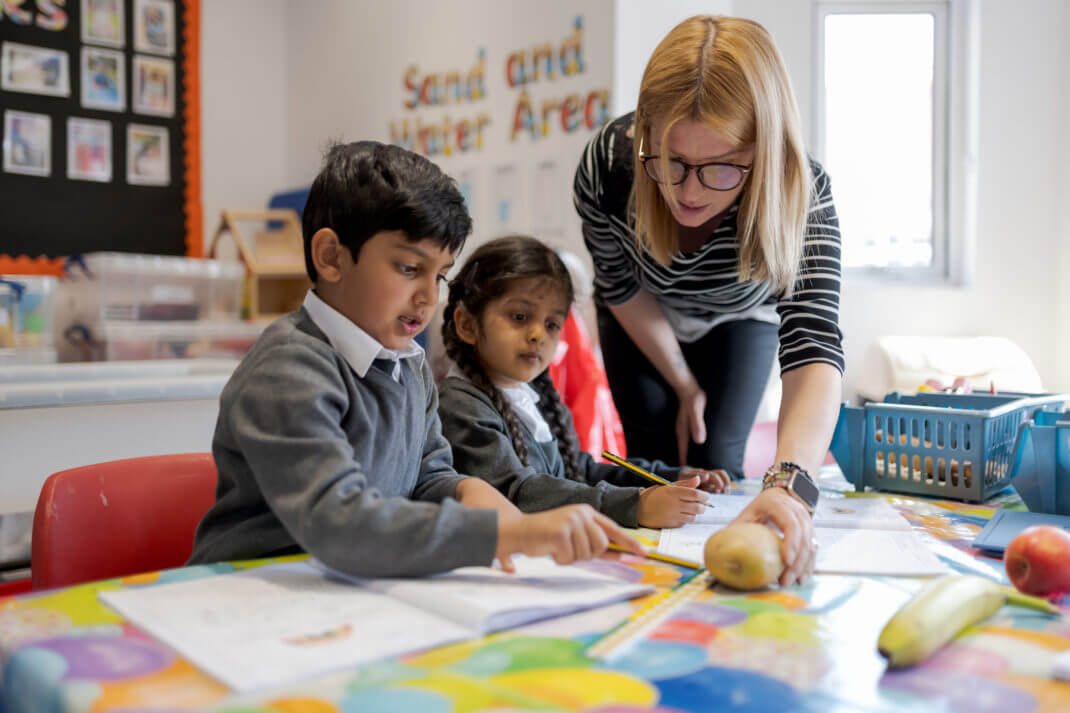
Pupil-led care
John Lyon also values the role played by the pupils themselves in supporting each other. The School Council gives pupils a voice and ensures they play an active role in the shaping of their community.
A John Lyon pupil is always encouraged to treasure their community and realise that putting others first helps build a better School for everyone.
The House system
An additional element to pastoral care is our House system, in which the combining of different year groups and the close involvement of four House Leaders ensure that every child has a choice of familiar and trusted faces to help them through any problems.
Our four Houses are named after celebrated members of our past teaching staff: Miss Halliday, Mr Fraser, Mr Ghaleb and Mr Comber. Each House has its own colour and children take part in many inter-House events ranging from Sports Day and Cross-Country, to Music, Art and quiz competitions. Houses meet regularly and help the pupils get to know other pupils beyond their immediate peer group.
Collectively, School events, good work, and excellent behaviour all generate House points which go towards the termly and end of year House Points Shield trophy.
Assemblies
There are many occasions during the School year when we all gather together. These assemblies are often held in the Susan Milner Hall (our multi-purpose space in the centre of the School) and may be led by the Head of Prep, other members of staff or groups of pupils. They address a particular aspect of School life or a topic in our PSHCE syllabus. Class-led assemblies are often used to present and explain some aspect of our community life or to celebrate an anniversary or cultural event.
They also provide an opportunity to address complicated or difficult issues children may have seen in the news, such as Covid, elections, natural disasters etc.
The youngest children have their own weekly assembly sessions when stories are used to introduce topics of importance for the children’s personal development, such as healthy eating, friendships and personal safety.
School Council
The School Council provides an opportunity for the chosen representatives of each Year group to meet and discuss issues concerning the whole School. These may include lunches, behaviour or ideas for fundraising events.
The Council is formed through annual election by their peers of one representative from each class from the Pre-Prep and Prep years. The Head Pupil is the Chair of the Council. A pupil serves on the Council for one year and then steps down; they may be re-elected after a gap of one year.
The Charter
The Charter sets out rules for our Pupil Councillors to take part in School decision-making. To enable them to be successful in this, the School will provide resources, training and support, and listen to the council when it makes its proposals:
- All pupils have the right to have a say in School life
- Pupil Councillors will have regular opportunities to feed back ideas about key issues affecting the School to the wider student body and to School management
- The School Council will have the opportunity to meet at least twice every term during School time
- The School Council will be consulted and have a say in certain decisions that are appropriate
- Pupil Councillors should be given the appropriate support to enable them to participate effectively
- Pupils will be regularly informed, with reasons, of actions taken or not taken as a result of their views and participation.
Ideas that have come from the School Council in recent years include menu choices, the gardening club, locker room refurbishment, charity event ideas, stationery shop, and fruit on sale at break-time.


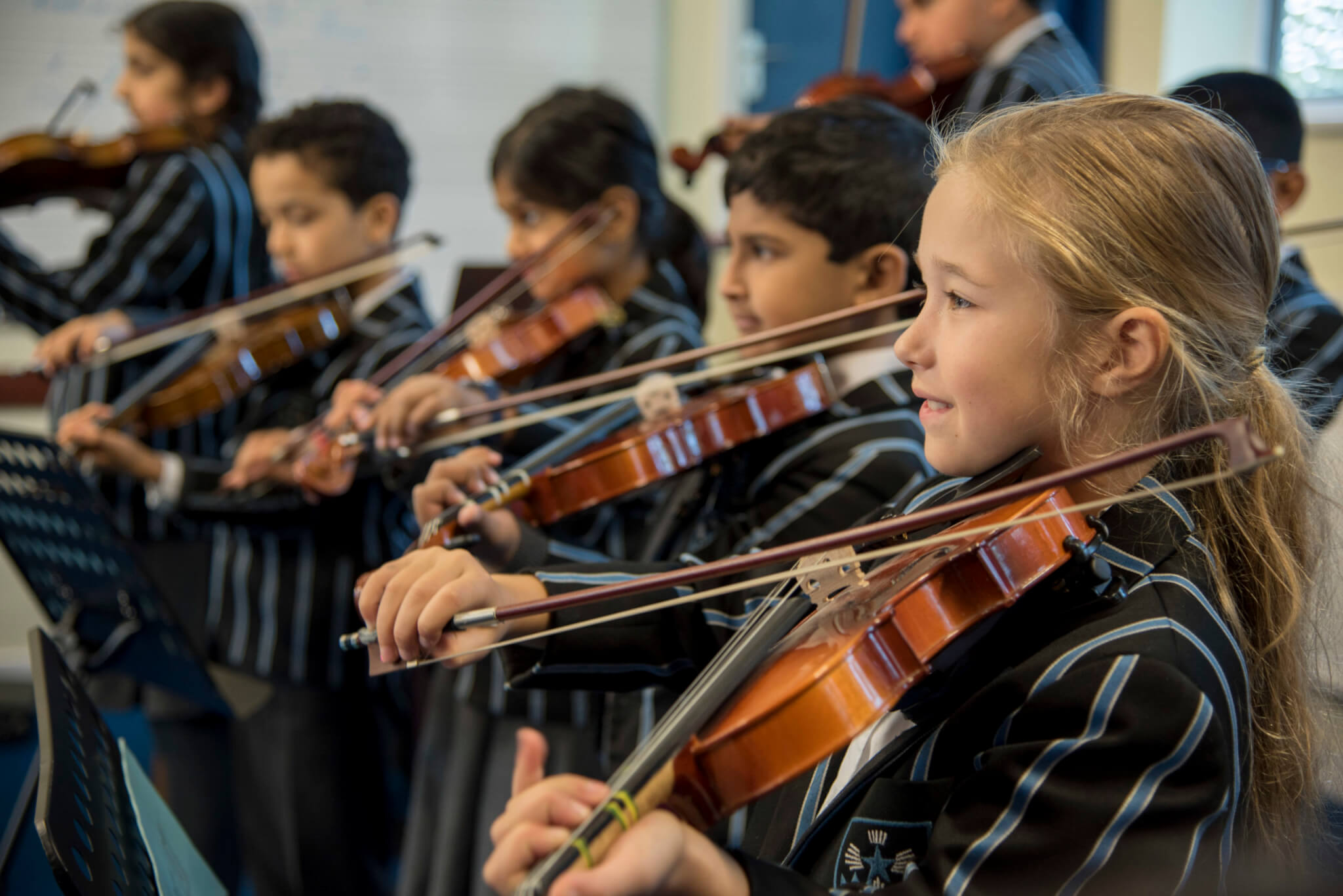
 At Quainton Hall we concur with educational theorists who emphasise the importance of the creative mind and ‘emotional intelligence’ and ‘wellbeing’ – the need to develop the whole personality and children’s imaginations especially. Drama has the power to liberate the mind.
At Quainton Hall we concur with educational theorists who emphasise the importance of the creative mind and ‘emotional intelligence’ and ‘wellbeing’ – the need to develop the whole personality and children’s imaginations especially. Drama has the power to liberate the mind.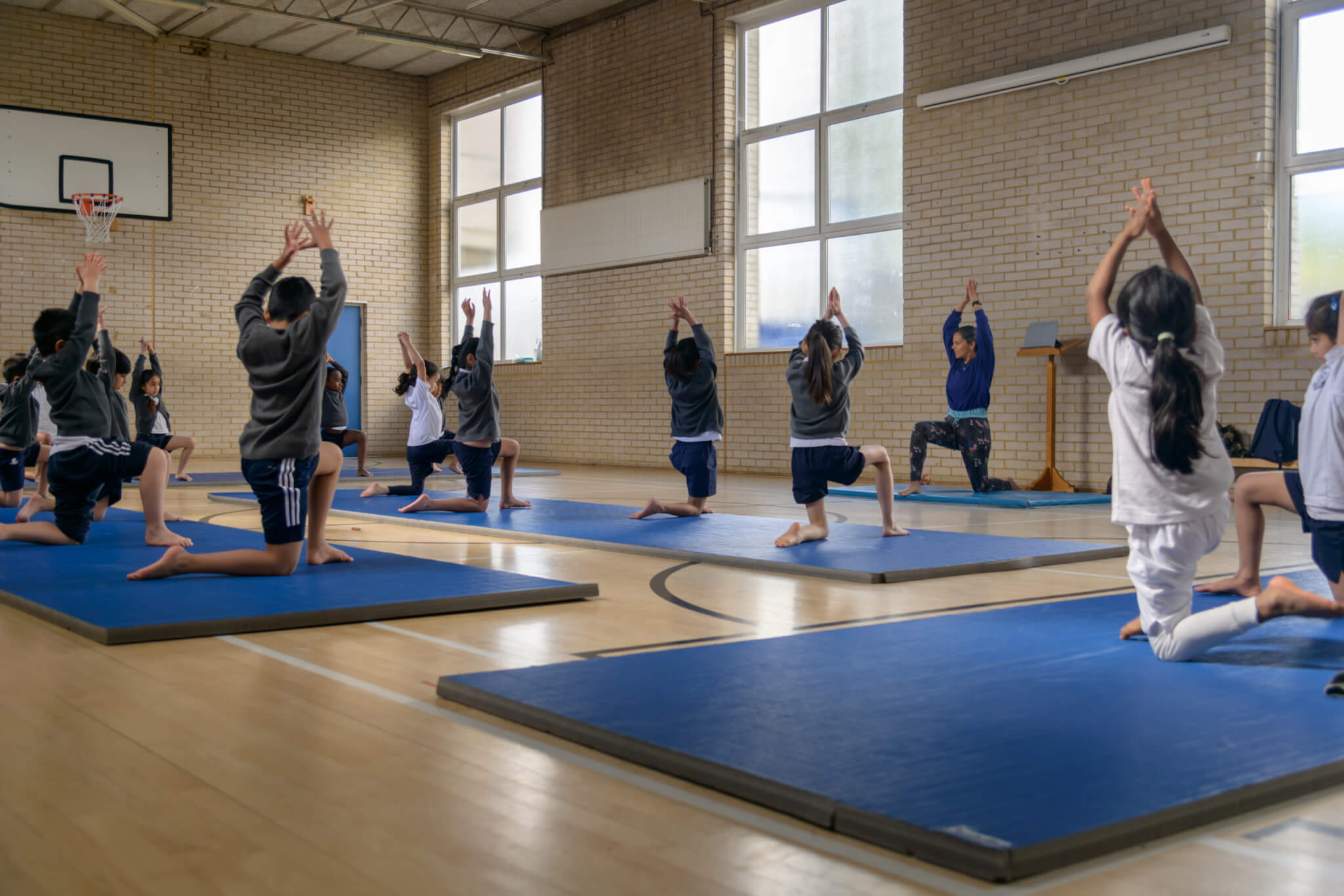 We encourage all Quainton Hall pupils to become healthy, independent and responsible members of society.
We encourage all Quainton Hall pupils to become healthy, independent and responsible members of society. 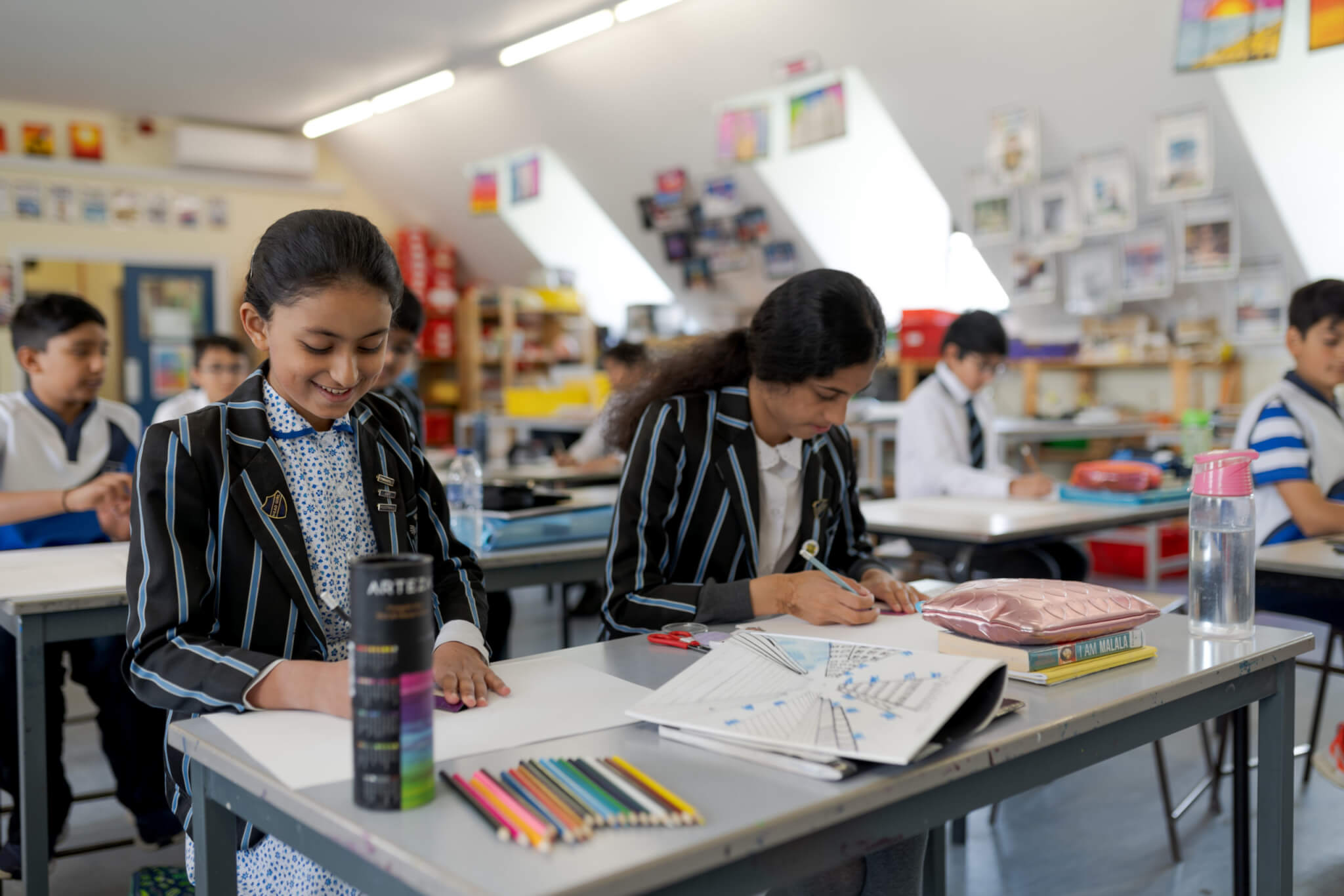 Art is an integral part of Quainton Hall’s curriculum, providing our pupils with a unique means of expressing their ideas by allowing them to explore new thoughts and give life to their creative minds.
Art is an integral part of Quainton Hall’s curriculum, providing our pupils with a unique means of expressing their ideas by allowing them to explore new thoughts and give life to their creative minds.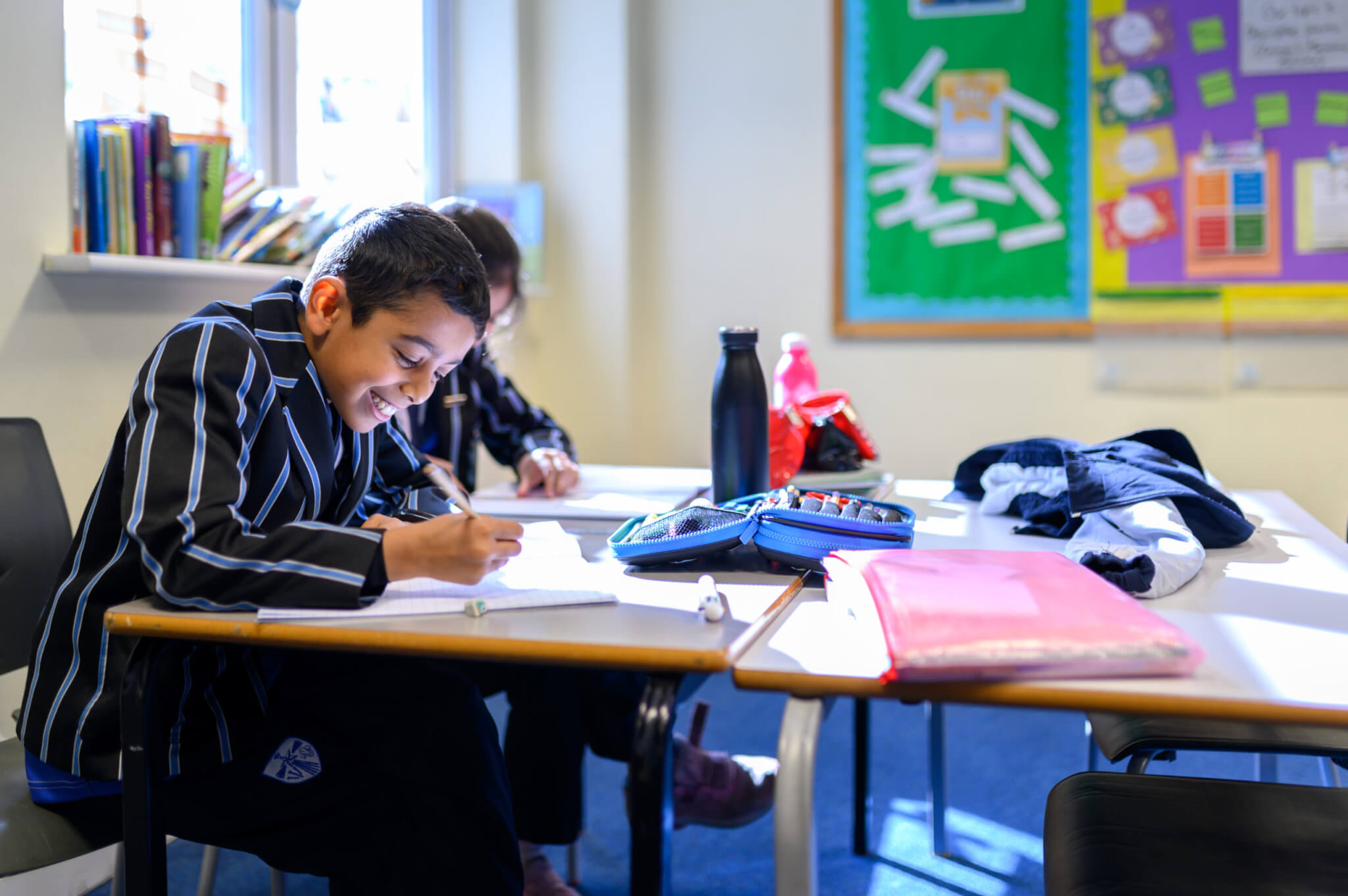 History is taught throughout the School and pupils are encouraged to find out about events and peoples.
History is taught throughout the School and pupils are encouraged to find out about events and peoples.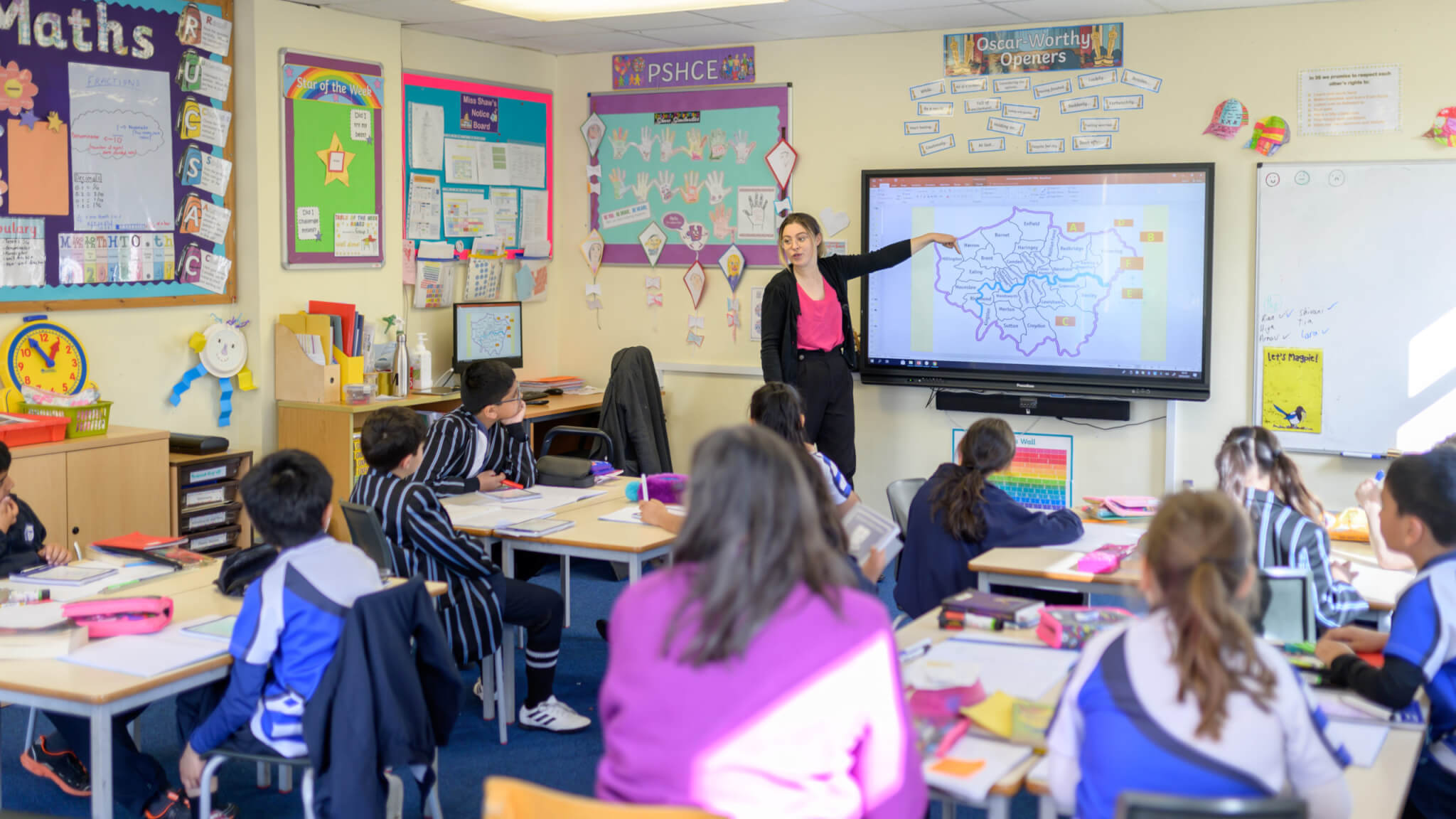 Planet Earth is our only home. It is an mind-blowing, diverse and constantly changing place of awesome beauty and power.
Planet Earth is our only home. It is an mind-blowing, diverse and constantly changing place of awesome beauty and power. 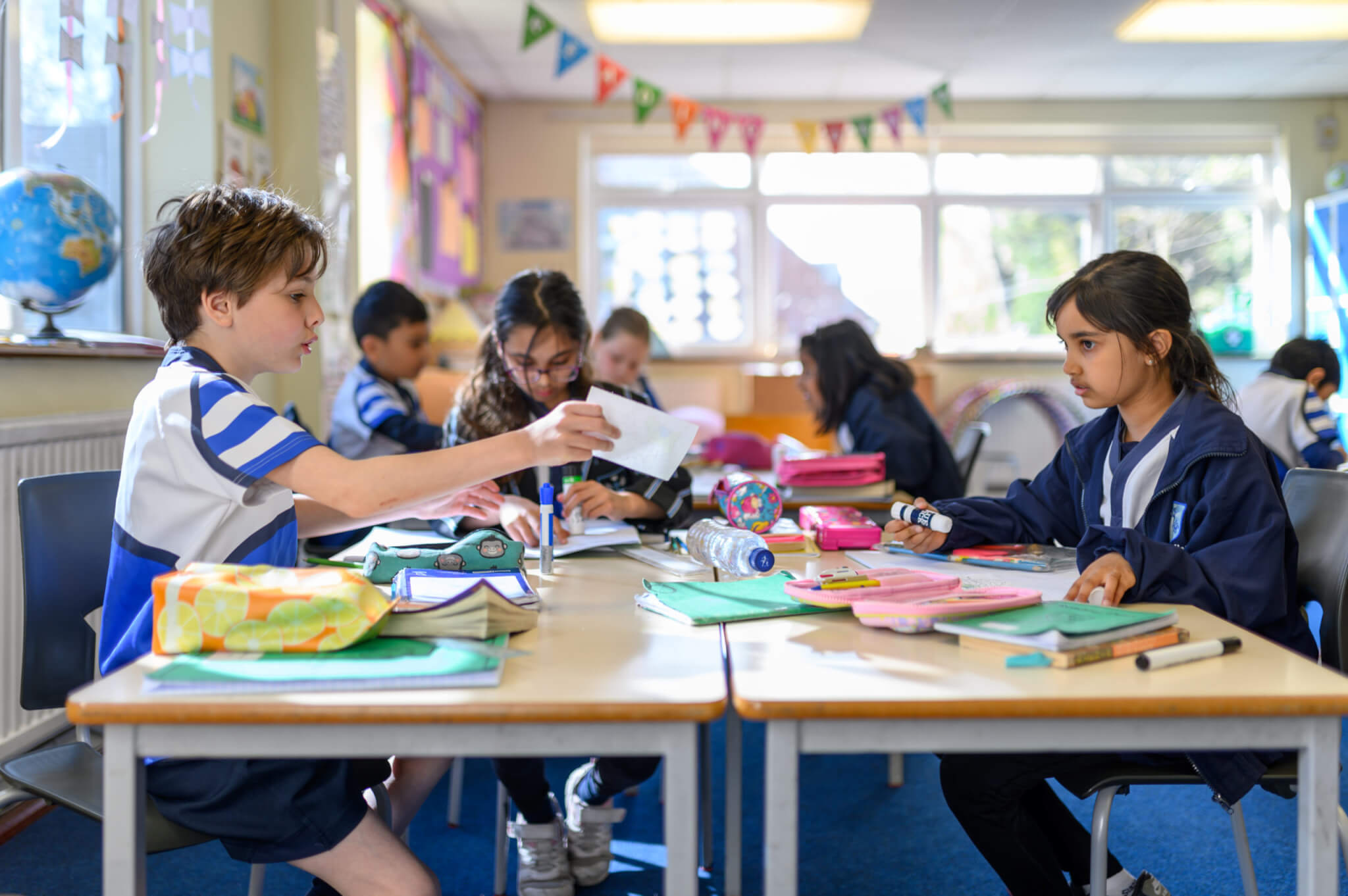 French is the language of our nearest neighbours, probably the easiest foreign language for English speakers to learn and, after English, one of the most widely-learned languages worldwide.
French is the language of our nearest neighbours, probably the easiest foreign language for English speakers to learn and, after English, one of the most widely-learned languages worldwide.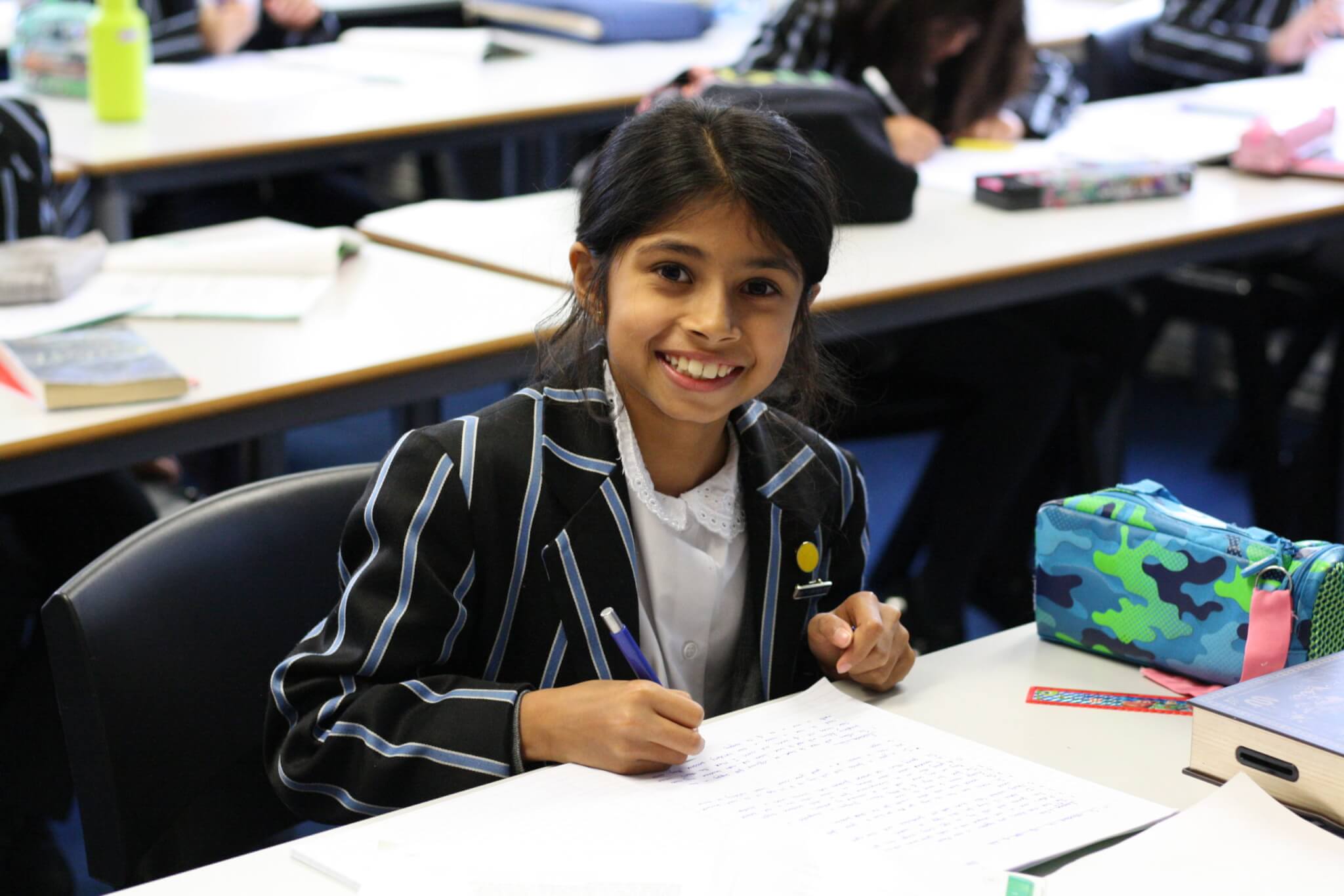 • What is religion?
• What is religion?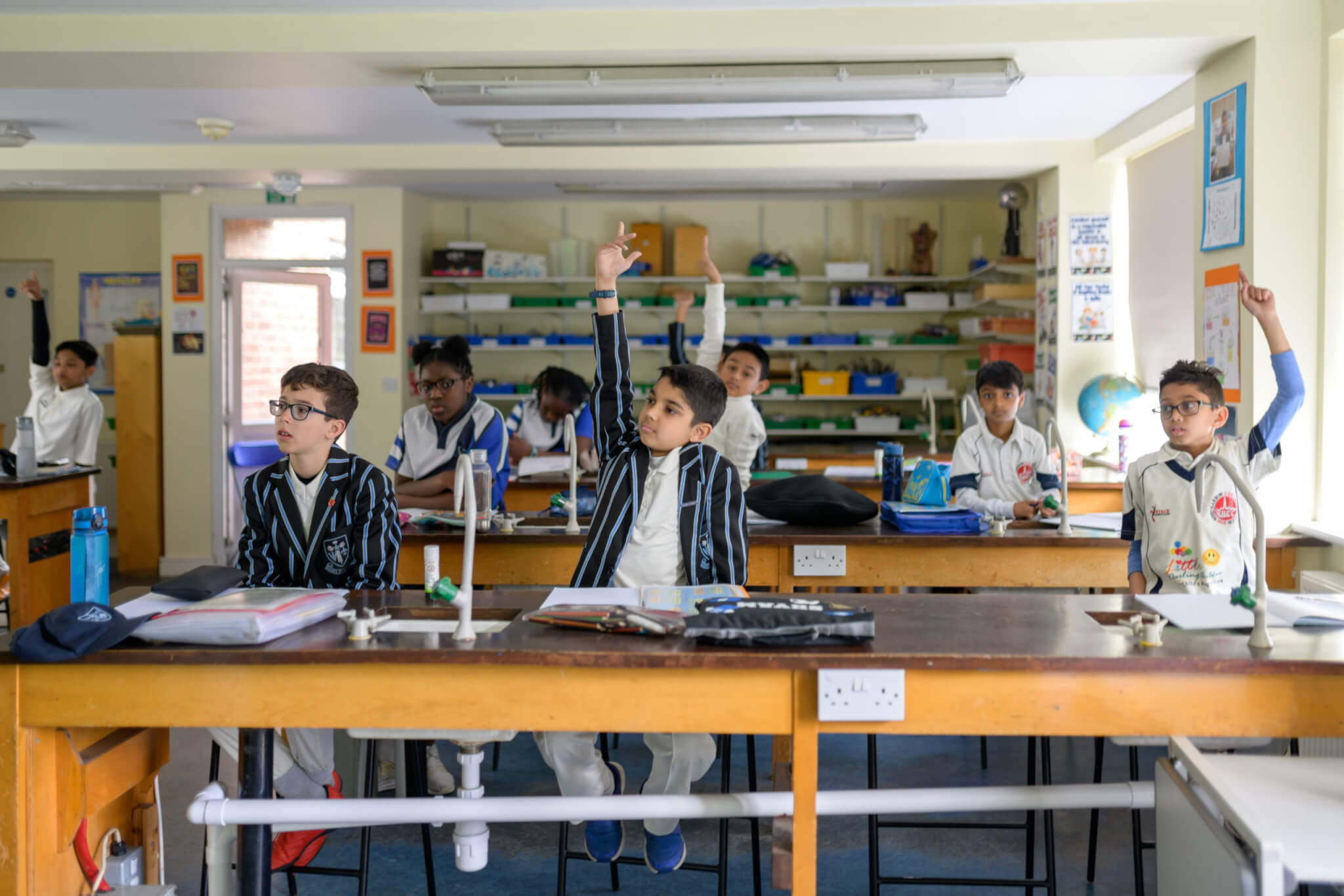 The core of every science lesson at Quainton Hall is about developing every pupil’s curiosity in the world around them.
The core of every science lesson at Quainton Hall is about developing every pupil’s curiosity in the world around them. 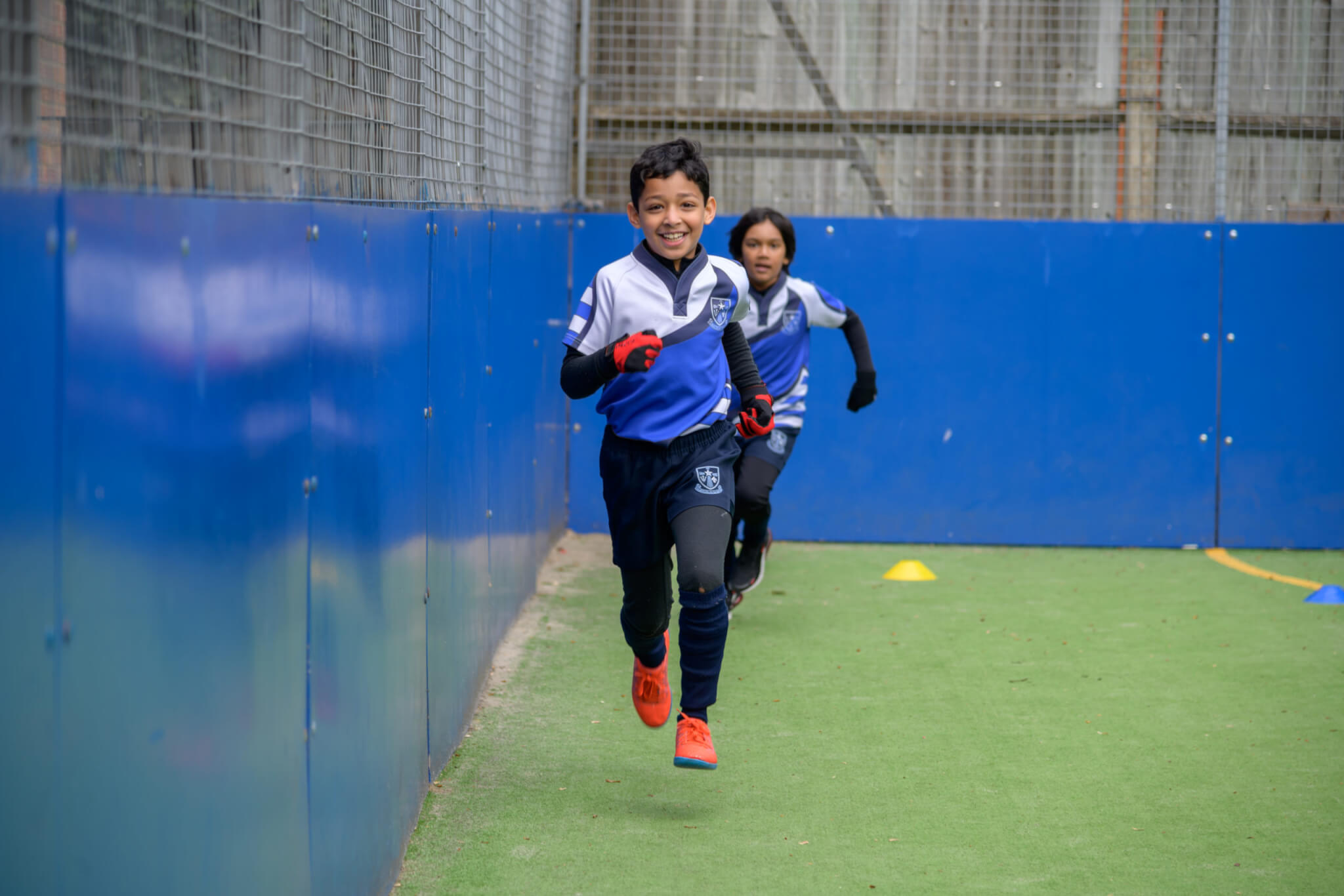 We provide a wide range of sporting activities and opportunities for all children.
We provide a wide range of sporting activities and opportunities for all children.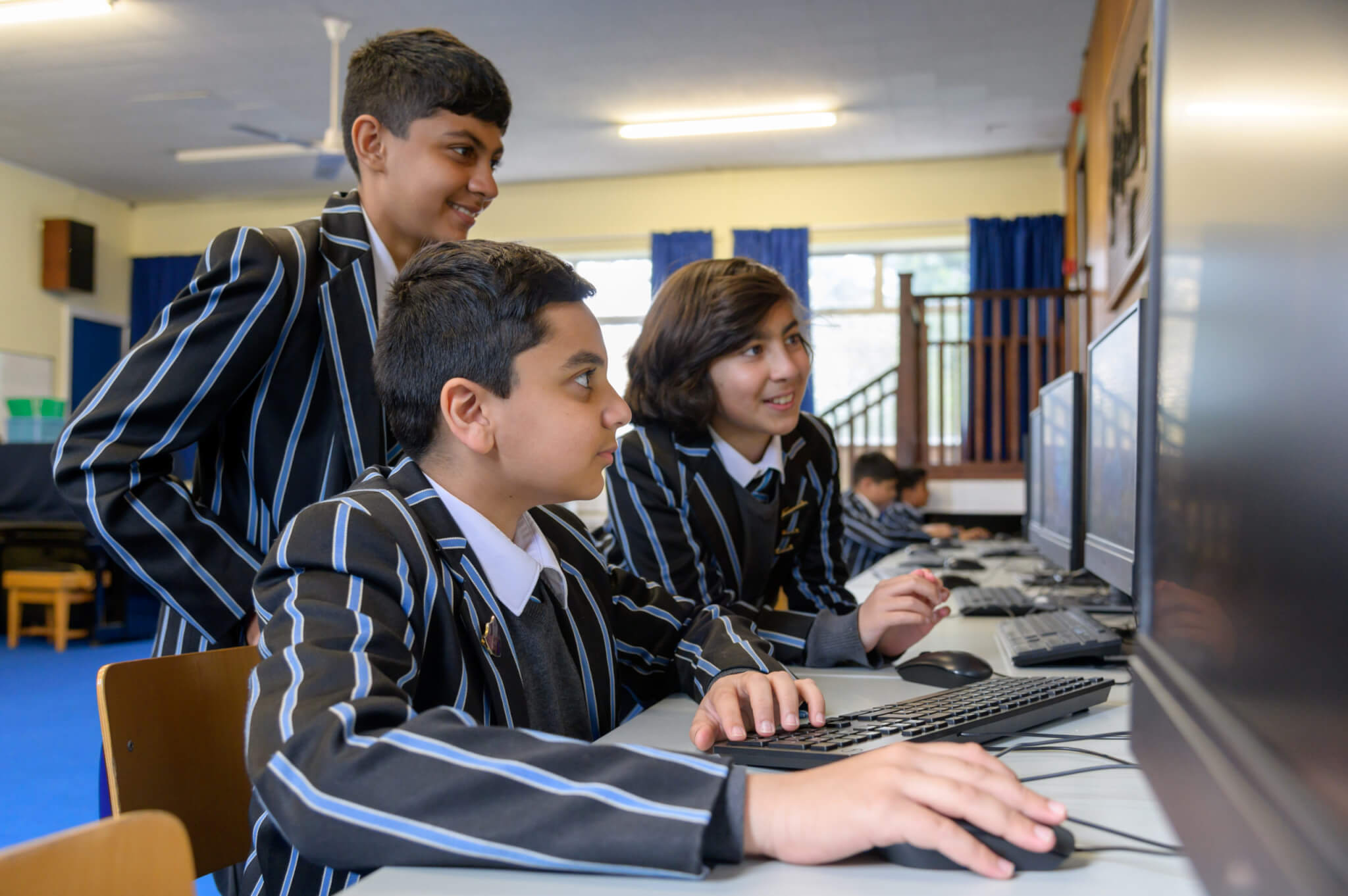 At Quainton Hall, Computing covers the use of electronic technology in all its forms, including computers and other communication devices.
At Quainton Hall, Computing covers the use of electronic technology in all its forms, including computers and other communication devices.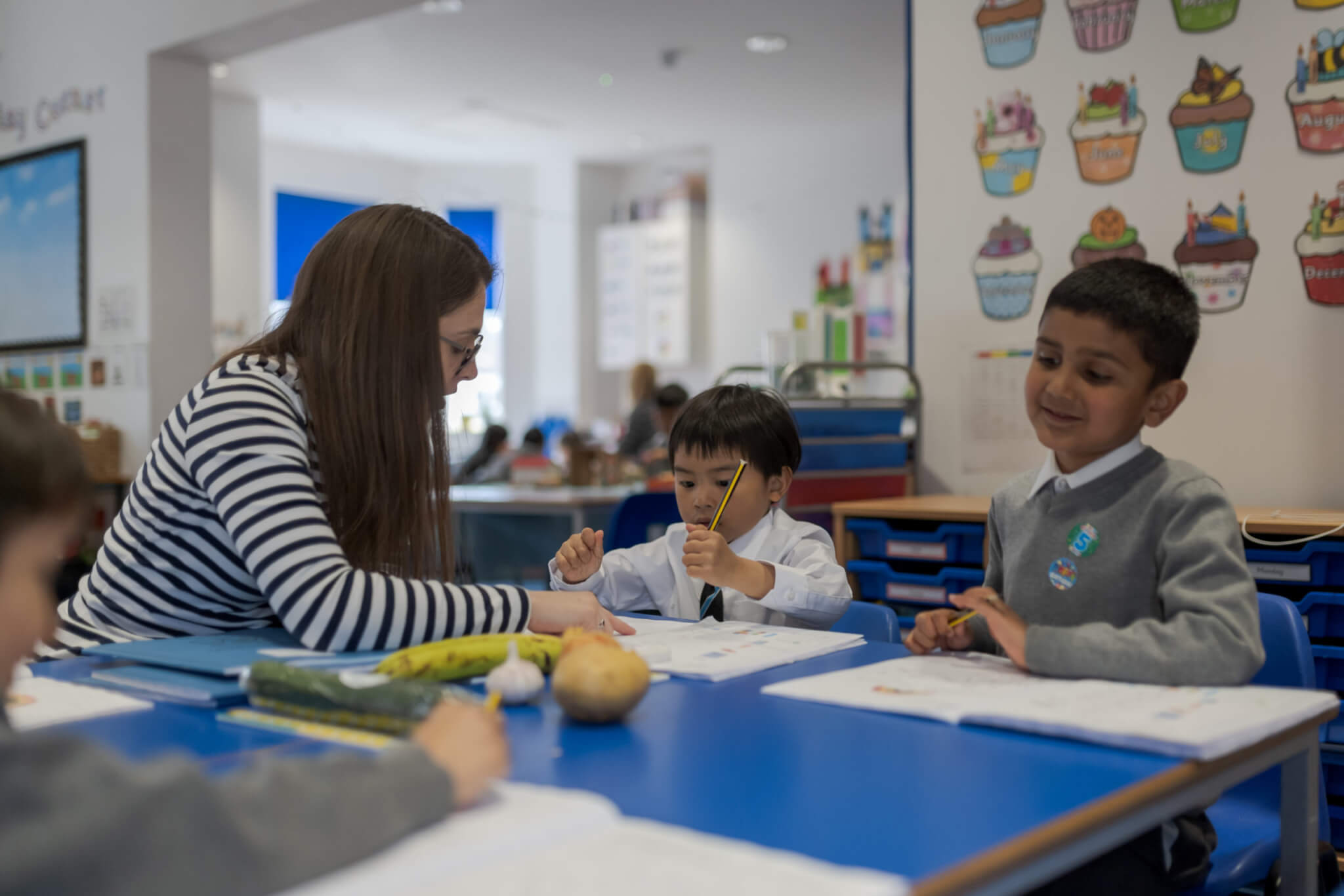 Mathematics is a key subject for children of all ages at Quainton Hall.
Mathematics is a key subject for children of all ages at Quainton Hall.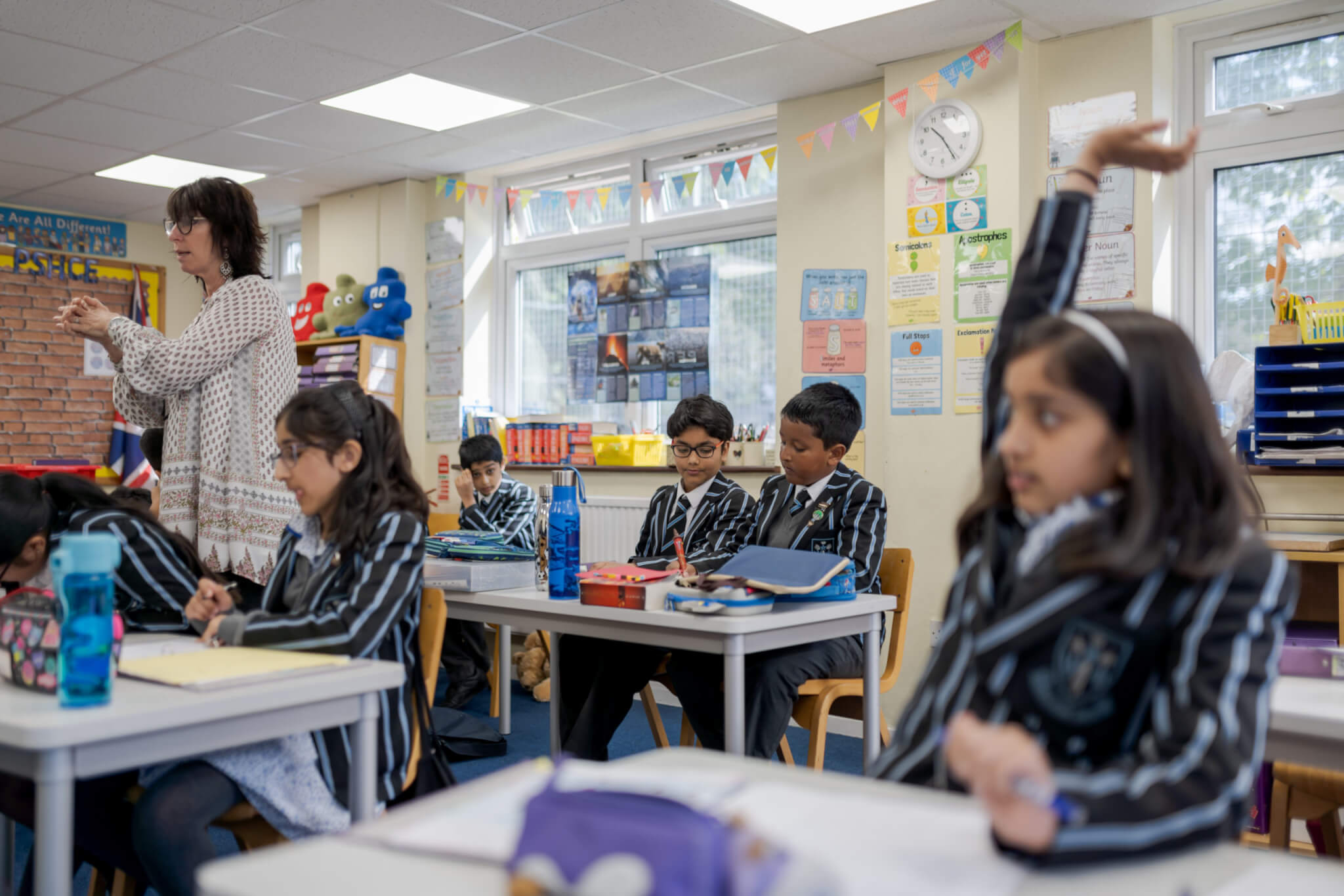 English is taught using lively and creative methods through a variety of texts and resources incorporating ICT from Pre-Prep onwards.
English is taught using lively and creative methods through a variety of texts and resources incorporating ICT from Pre-Prep onwards.